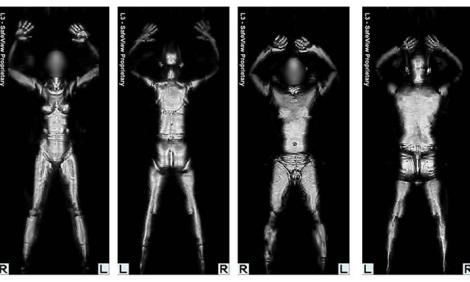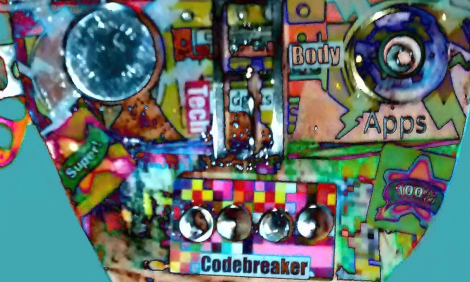
Publication
At stake is our bodily integrity
Privacy concerns have been raised about the use of digital technologies to combat the spread of the COVID-19. But what is at stake is not merely our informational privacy, but our autonomy, dignity, bodily integrity, and equality. This piece by Tanisha Ranjit is part of an ongoing research on bodies and data at the Internet Democracy Project.
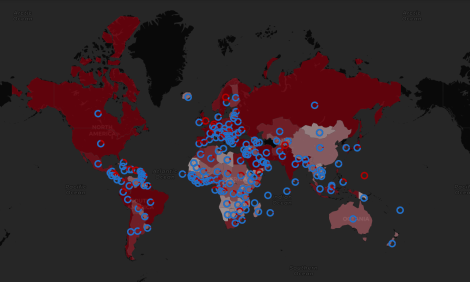
In depth
Data, maps and colonialism in times of pandemic
The practice of mapping began within a month since the first outbreaks of Covid-19 as a means of rapid visualisation, accompanied by the division between those who manage data and those who contribute their personal information, while suffering the consequences of it. Is there a more just approach to information-based aid where people have more autonomy over their data?
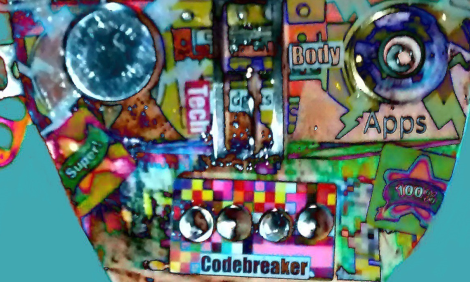
"We cannot be what we cannot see": Mapping gaps in research in gender and information society
The articles in this bilingual edition point to how visibility of our bodies and our stories is the starting point of a different way of being. The stories we tell of struggles and perseverance, of movements and solidarity – entangled as they are in the fine wires of technology – are necessary and essential and could be the foundations for the movement for change. This edition is not…

Feminist talk
[SPECIAL EDITION] There is no opting out.: Indigenous women in Malaysia and questions of access
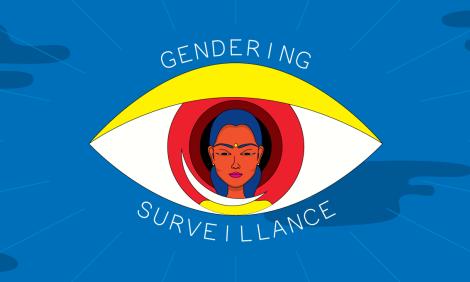
Publication
Gendering Surveillance
Surveillance powers of the state and corporations are escalating and are hugely assisted by information technology. Under regimes of colonialism and patriarchy, women, minorities and all other subjects have experienced being surveilled, enumerated and categorised. There is a need to now relook at how gender is implicated in surveillance practices in the contemporary. In this resource, Internet…
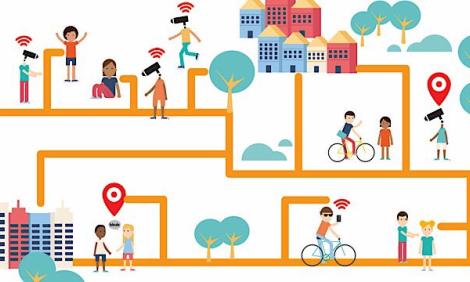
Feminist talk
What is sexual surveillance and why does it matter
We can no longer ignore the pervasive datafication of our lives - the ways in which our habits, illness, abilities, relations are abstracted, and our bodies made into data by an intersecting range of institutions and processes. In this article, the gendered, sexualised and racialised nature of surveillance is unpacked, so we maintain a focus on the power relations involved. Surveillance…

Publication
Big Data and Sexual Surveillance
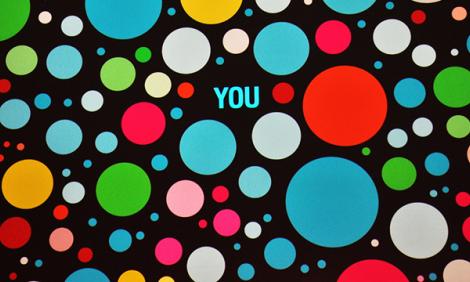
Feminist talk
Algorithmic discrimination and the feminist politics of being in the data
